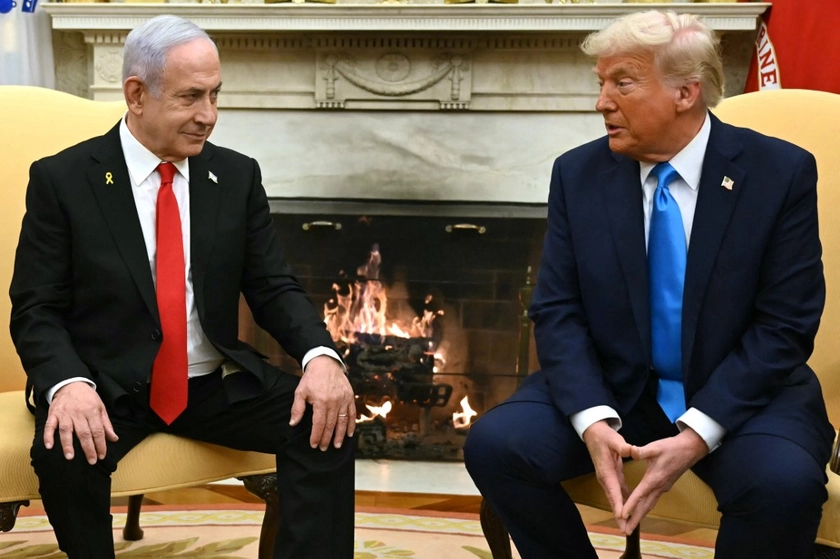The European Commission has approved the disbursement of EUR 4.1 billion to Ukraine under the bloc’s Ukraine Facility. Ukrainian Prime Minister Denys Shmyhal announced the funding in a post on Telegram on Wednesday, according to Ukrinform.
"The European Commission approved the disbursement of EUR 4.1 billion to Ukraine under the Ukraine Facility. The EC provided a positive assessment of the reforms and noted that the government has fulfilled the necessary indicators to receive this tranche. We expect the quick approval of the decision by the Council of the EU. With this, total support within the Ukraine Facility this year will reach EUR 16.1 billion," he wrote.
JOIN US ON TELEGRAM
Follow our coverage of the war on the @Kyivpost_official.
Shmyhal expressed gratitude for the EU's unwavering support for Ukraine. He also emphasized that despite the ongoing full-scale war with Russia, Ukraine remains committed to reforms and transformation aimed at strengthening its European integration and advancing toward full EU membership.
The European Parliament today adopted a resolution calling on the EU to take decisive action against the Russian "shadow fleet" of tankers, used to circumvent EU sanctions imposed over Russia's war of aggression against Ukraine, as well as to comply with the internationally agreed price cap on Russian oil.
That’s according to the European Parliament press service, Ukrinform reports.
“Russia uses old tankers, often uninsured and with unclear ownership, to export its crude oil and petroleum products abroad, despite EU, G7 and international sanctions. These activities have also raised fears over the risk of environmental disasters, including severe oil spills. As part of systematic efforts to undermine EU restrictive measures, the ‘shadow fleet’ provides a key financial lifeline for Russia in its illegal and unjustifiable war of aggression against Ukraine,” the report said.

FSB Alleges Ukraine Mailed Explosives as Perfume to Military Officials – Kyiv Intel Denies It
The European Parliament also adopted a resolution on Thursday calling for more targeted measures against these vessels in the next EU sanctions package. Sanctions should apply to all individual ships as well as their owners, operators, managers, accounts, banks and insurance companies.
The resolution seeks systematic sanctioning of vessels operating in European waters without known insurance, and calls on the EU to develop its surveillance capabilities, especially drone and satellite monitoring, and use them for targeted inspections at sea.
MEPs suggested that member states designate ports that are capable of handling sanctioned vessels carrying crude oil and liquefied natural gas (LNG) and seize illegal cargoes without compensation.
In the same document, the deputies called on the G7 countries to ensure better enforcement of the price caps applied against Russian oil transported by sea, to substantially decrease the oil price cap and to crack down on the loopholes used by Russia to repackage and sell its oil and oil products at market prices.
MEPs emphasized that the effect of existing sanctions, as well as financial and military support to Ukraine, will continue to be undermined as long as the EU continues to import Russian fossil fuels. European politicians have called on the EU and its member states to ban all imports of Russian fossil fuels, including liquefied natural gas. Before that, MEPs said, the EU should seriously reassess bilateral cooperation with third countries that are helping Russia circumvent EU restrictive measures, if diplomatic efforts prove unsuccessful.
As reported earlier, referring to the estimates drawn by the Ukrainian President’s Office, Russia makes from $15 to $20 billion a month off crude oil exports. According to the authorized advisor to the President of Ukraine on sanctions policy, Vladyslav Vlasiuk, currently Ukraine's main efforts in contacts with partner states are focused on keeping the price cap for Russian oil at $60 per barrel, and on further lowering that cap.
You can also highlight the text and press Ctrl + Enter











